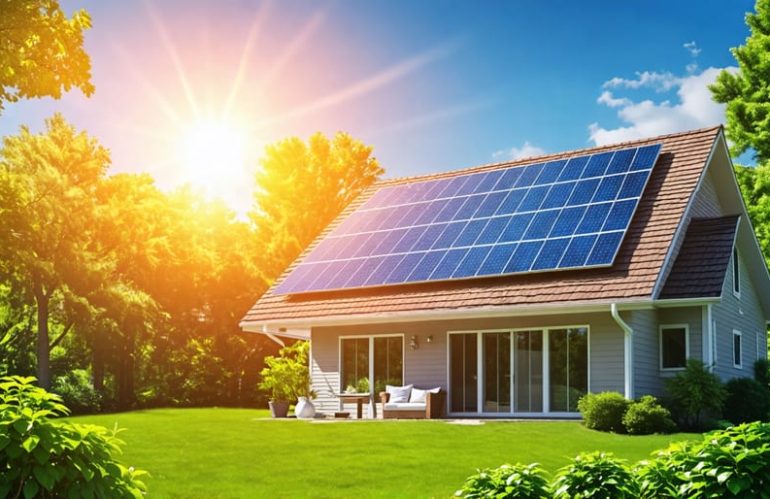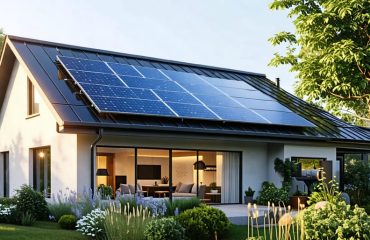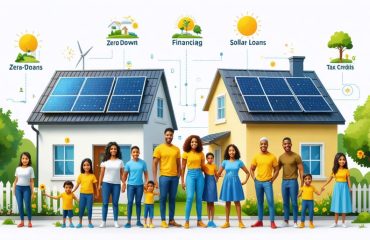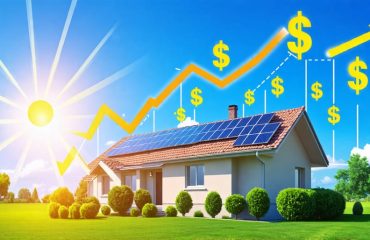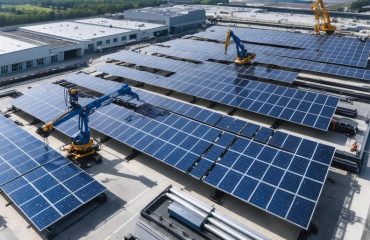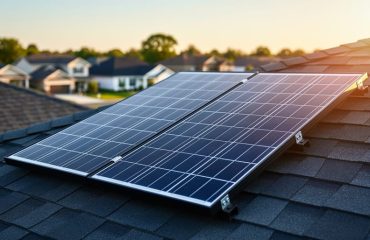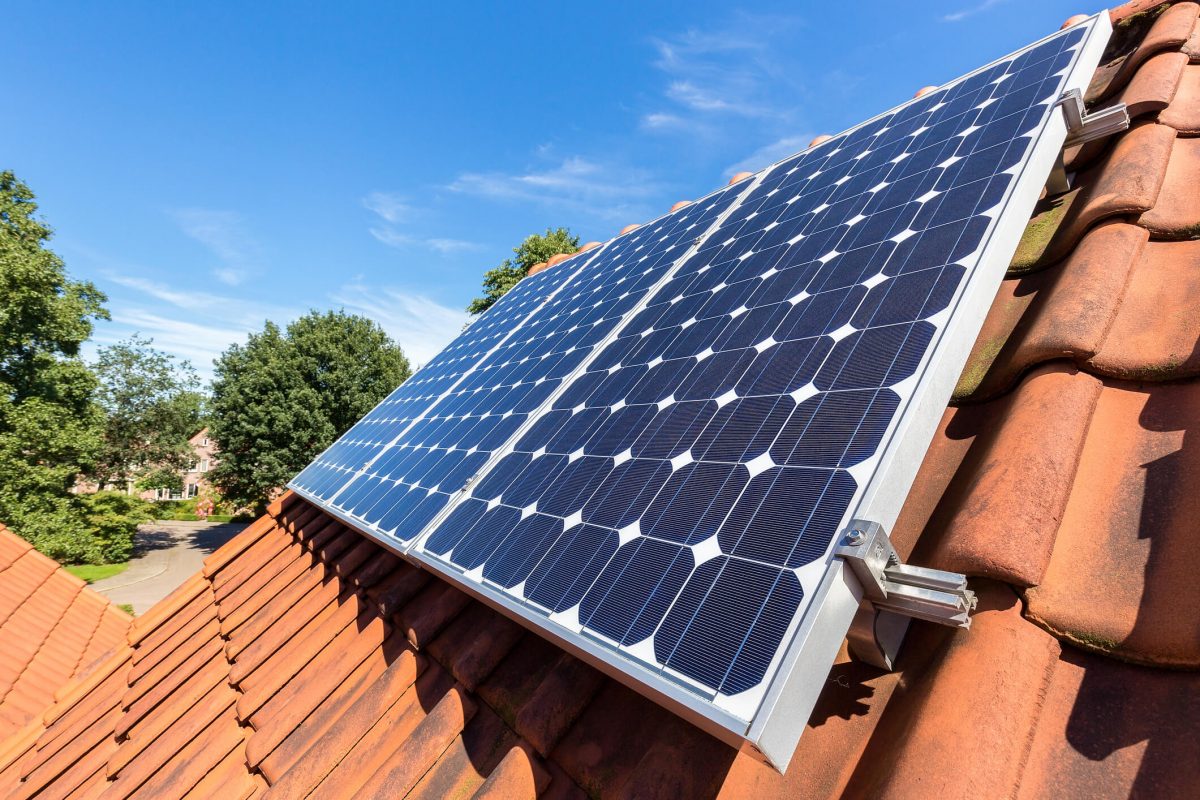Investing in residential solar panels is one of the smartest financial moves you can make as a homeowner. By harnessing the sun’s clean, renewable energy, you can dramatically reduce or even eliminate your monthly electricity bills. Solar panels also increase your home’s value and make it more attractive to environmentally-conscious buyers. What’s more, generous government incentives and affordable financing options have made going solar more accessible than ever before.
But the benefits extend far beyond your wallet. By choosing solar, you’re making a powerful statement about your values and commitment to a sustainable future. You’re reducing your reliance on polluting fossil fuels and helping to combat climate change – the defining challenge of our time. In short, investing in solar panels is a win-win-win: for your finances, for the planet, and for future generations. Let’s explore how you can make this life-changing investment a reality.
The Environmental Benefits of Solar Energy
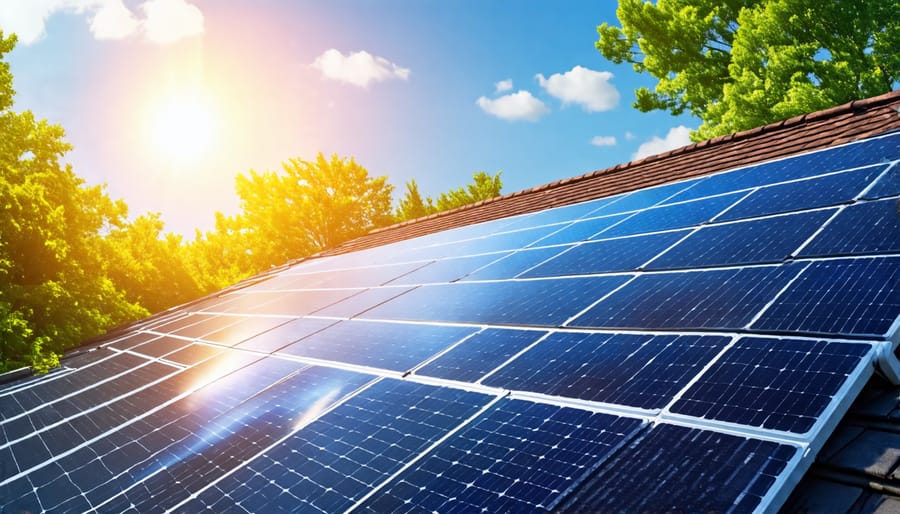
Reducing Greenhouse Gas Emissions
Solar energy significantly reduces greenhouse gas emissions compared to fossil fuels. When solar panels generate electricity, they produce zero carbon dioxide, the primary contributor to climate change. Over its 25-year lifespan, a typical residential solar system can offset the equivalent of burning over 80 tons of coal or driving 175,000 miles in a gas-powered car. By replacing a portion of the grid’s fossil fuel-generated electricity with clean solar power, homeowners can substantially decrease their carbon footprint. As more households adopt solar, the cumulative effect can make a meaningful impact in the fight against global warming. Investing in solar not only benefits your wallet but also contributes to a more sustainable future for the planet.
Conserving Finite Resources
By investing in solar energy, homeowners contribute to preserving finite resources like coal, oil, and natural gas. These traditional energy sources, while still prevalent, are being depleted at an alarming rate. In contrast, solar power harnesses the abundant and renewable energy of the sun, reducing our reliance on non-renewable resources. Every kilowatt-hour generated by solar panels is one less that needs to be produced by burning fossil fuels. This not only helps conserve these limited resources for future generations but also reduces the environmental impact associated with their extraction and use. By choosing solar, you become part of the solution in conserving our planet’s precious resources.
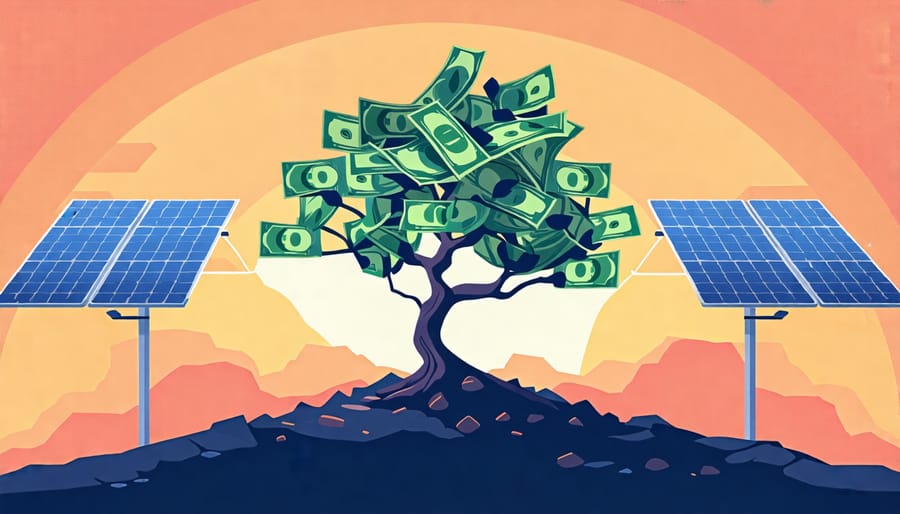
The Financial Perks of Going Solar
Lowering Your Energy Bills
Generating your own solar power can significantly reduce your energy bills over the long term. By harnessing the sun’s free energy, you’ll rely less on the grid and expensive utility rates. While there is an upfront cost for solar panel installation, the system will pay for itself through electricity savings. In many cases, solar panels generate enough power to cover a home’s entire energy needs, virtually eliminating monthly bills. Net metering programs even allow you to sell excess power back to the grid for credits. As utility rates continue to rise, the savings from solar become more substantial each year. Investing in solar not only benefits the environment but also your wallet, providing a hedge against future rate hikes. With solar panels having a lifespan of 25-30 years, you’ll enjoy decades of lower energy costs while increasing your home’s value.
Tax Credits and Rebates
Investing in solar panels can be more affordable than ever, thanks to a variety of federal and state tax credits and rebates. The federal solar Investment Tax Credit (ITC) allows you to deduct 26% of the cost of installing a solar energy system from your federal taxes. Many states also offer their own incentives, such as property tax exemptions, sales tax exemptions, and cash rebates. These incentives can significantly reduce the upfront cost of going solar, making it a more accessible option for homeowners. Be sure to research the specific incentives available in your state, as they can vary widely. Additionally, some utility companies offer net metering programs, which allow you to sell excess electricity generated by your solar panels back to the grid, further offsetting your energy costs. By taking advantage of these financial incentives, you can make your solar investment even more rewarding and accelerate your return on investment.
Increasing Your Home’s Value
Installing solar panels can significantly boost your home’s value. According to a recent Zillow study, homes with solar energy systems sold for 4.1% more on average than comparable homes without solar power. This translates to an additional $9,274 for the median-valued home in the U.S. Moreover, a study by the Lawrence Berkeley National Laboratory found that home buyers are consistently willing to pay a premium of about $15,000 for a home with an average-sized solar array. By investing in solar, not only can you save on energy costs, but you can also increase your home equity and resale value.
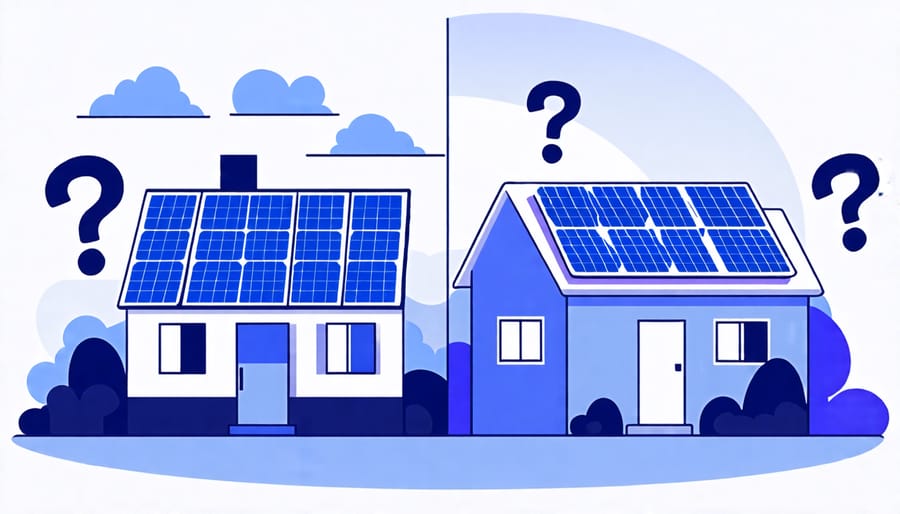
Debunking Common Solar Myths
Solar Panels are Too Expensive
While solar panels may have been cost-prohibitive in the past, prices have fallen dramatically in recent years. In fact, the cost of solar has dropped by more than 70% since 2010, making it more affordable than ever. Even if the upfront cost seems daunting, there are numerous financing options available that can make going solar accessible for most homeowners. From $0-down solar loans to leases and power purchase agreements, these options allow you to start saving on your energy bills from day one without breaking the bank. When you factor in the long-term savings and the increasing value solar adds to your home, it’s clear that the notion of solar being too expensive is simply a myth. With the right financing plan, investing in solar can be a smart financial decision that pays dividends for decades to come.
Solar Doesn’t Work in Cloudy Weather
While solar panels operate most efficiently in direct sunlight, they can still generate a significant amount of energy on cloudy days. Photovoltaic cells respond to visible light, so even when it’s overcast, there’s enough daylight penetrating the clouds to produce electricity. In fact, solar panels can work more efficiently in cooler temperatures, which often accompany cloudy weather. Germany, a country known for its cloudy climate, is a world leader in solar energy production. So, while output may be slightly reduced on gloomy days, a properly sized solar system will still contribute substantively to your energy needs, rain or shine.
Solar Panels Will Damage My Roof
When installed by a professional, solar panels will not damage your roof. Reputable installers take great care to maintain the integrity of your roof during the installation process. They use specialized mounting systems that are designed to protect your roof’s structure and prevent leaks. These systems typically include flashings and sealants to ensure a waterproof barrier around the mounting points. Experienced installers also know how to properly navigate and work around existing roof features, such as vents and chimneys, without causing any damage. Additionally, many solar panel manufacturers offer warranties that cover any potential damage to your roof caused by their products. By choosing a qualified and experienced solar installer, you can have peace of mind knowing that your roof will remain in excellent condition while you enjoy the benefits of clean, renewable energy.
Why Quality Solar Installation Matters
The Risks of Cheap, DIY Solar Kits
While DIY solar panel kits may seem like an attractive, low-cost option for going solar, they come with significant risks. These cut-rate kits often use lower-quality components that are less efficient and more prone to failure, leading to costly repairs or replacements down the line. Self-installation also voids many manufacturer warranties, leaving you on the hook if something goes wrong. Without professional design and installation, your system may not be optimized for your home’s energy needs or local climate conditions, resulting in subpar performance. Improperly installed panels can even pose safety hazards like electrical fires or roof leaks. For most homeowners, working with a reputable solar installer is the safer, more reliable path to long-term savings and sustainability. Look for a licensed contractor who uses top-tier equipment backed by robust warranties. The peace of mind and performance benefits are well worth the added upfront cost.
Choosing a Trusted Solar Provider
When choosing a solar provider, it’s crucial to select a professional, experienced installer. Look for companies with a proven track record of successful installations and positive customer reviews. Ensure they are licensed, insured, and certified by reputable organizations such as the North American Board of Certified Energy Practitioners (NABCEP). A trusted provider will conduct a thorough site assessment, provide detailed quotes, and offer transparent communication throughout the process. They should also offer robust warranties on both the equipment and workmanship. Don’t hesitate to ask for references and visit completed installations to gauge the quality of their work. Working with a trusted, certified installer ensures your solar investment is in good hands, maximizing the long-term benefits for your home and the environment.
Conclusion
Going solar is a smart investment that offers numerous benefits for homeowners, the environment, and future generations. By harnessing the power of the sun, you can significantly reduce or even eliminate your electricity bills, saving thousands of dollars over the lifetime of your solar panel system. Additionally, solar energy is clean, renewable, and helps reduce your carbon footprint, contributing to a healthier planet for years to come.
Investing in solar not only benefits your wallet and the environment but also increases the value of your home. As more people recognize the advantages of solar energy, homes with solar panels are becoming increasingly desirable, making them easier to sell and often commanding higher prices in the real estate market.
By now, you’ve seen the compelling reasons to invest in solar energy for your home. Don’t wait any longer to take advantage of the financial, environmental, and personal benefits that solar power offers. Start exploring your solar options today and join the growing community of homeowners who are making a positive impact on their lives, their communities, and the world. The future is bright with solar energy – invest now and start reaping the rewards for years to come!

